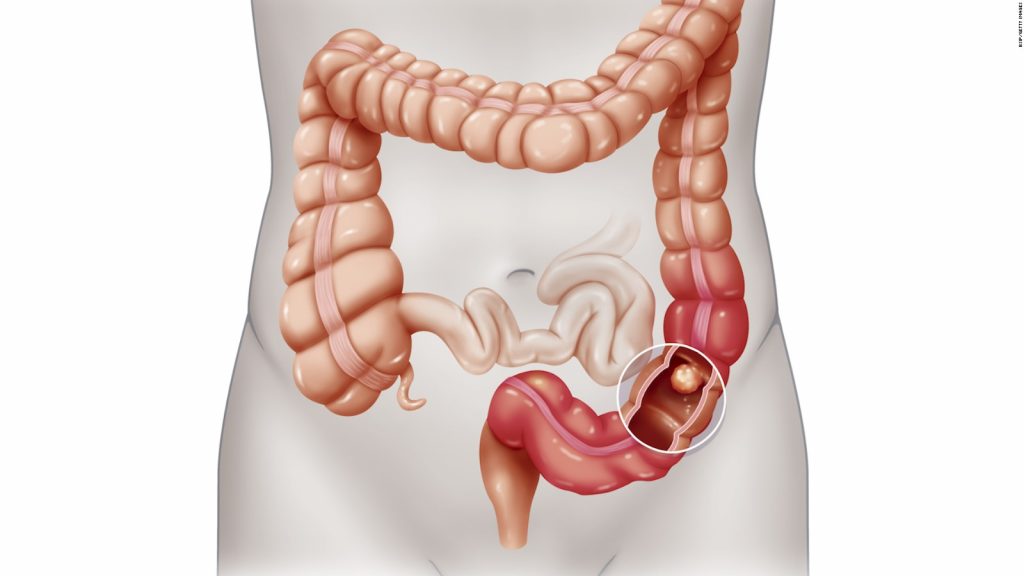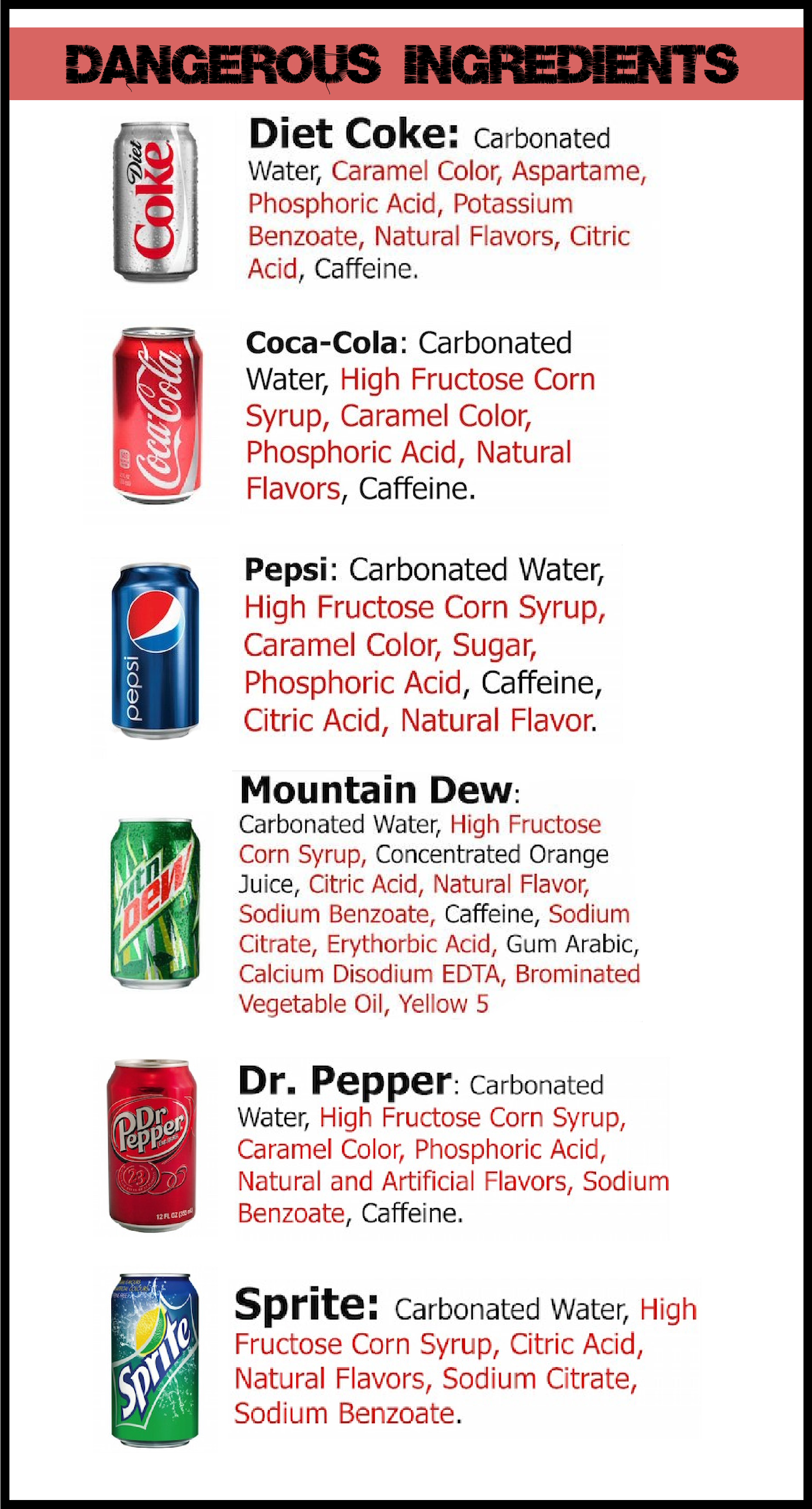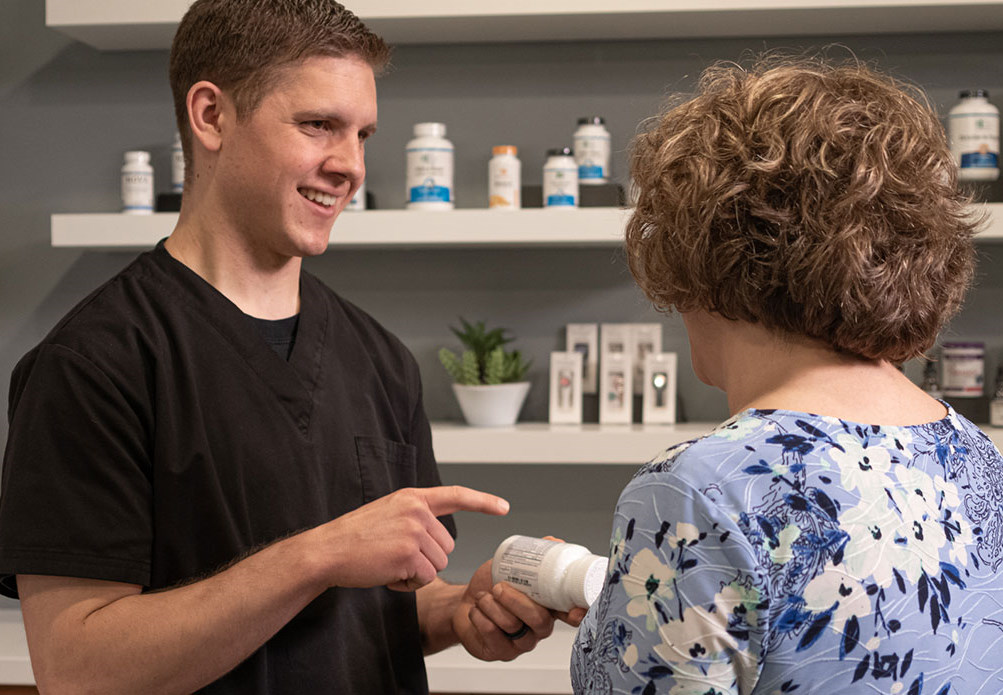What is Colon Cancer? 
Colon cancer affects the colon, which is also known as the large intestine. When the cancer does not affect the rectum, it is called colon cancer. However, when the cancer does affect the rectum, it is then considered colorectal cancer. Colon cancer tends to begin when small benign clumps of cells called adenomatous polyps form in the colon.
The colon is located between the small intestine and the rectum. It is about 5 feet long and part of the larger, lower intestinal canal. There are several parts to the colon: an appendix, ascending intestine, transverse intestine, and the S-shaped large intestine that ends at the rectum. The rectum and anal canal are about 6 to 8 inches long and make up the last part of the large intestine. There are two layers of smooth tissue covered in mucosa that helps absorb nutrients. Fluids are absorbed in the lower large intestine and waste is compacted into stool. The stool is then stored in the rectum until it is eliminated through a bowel movement.
Symptoms
When colon cancer is in its early stages, there typically won’t be any noticeable symptoms. As the cancer progresses and spreads, however, it can start to change stool formations, how nutrients are absorbed, how fluids are balanced, and how other organs function.
The most common symptoms include:
- Weakness and Fatigue
- Nausea and Vomiting
- Changes in Appetite
- Weight loss
- Diarrhea, Constipation, or a Combination of Both
- Bloody Stool and/or Stool That Looks Dark in Color, or Like Tar
- Abdominal Pain/ Cramping
- Jaundice (yellowing of the skin)
Who’s at Risk
- In the United States African-Americans have the highest rate of colon cancer cases/mortality, although it is not really clear why. Globally, people with a Eastern Europe descent are at a higher risk.
- People who have a family history of cancer are also at risk. 1 in 5 people who have cancer have family members who also develop cancer, especially brothers and sisters, and parents (American Cancer Society).
- People over the age of 50: more than 90% of people who develop colon cancer are over 50 (Dr. Axe).
- People who are obese
- People who have a poor diet
- People who consume high amounts of alcohol
- People who smoke or use tobacco products
- People who work with or live around cancer agents
- People who have a history of digestive or colon problems like precancerous colon polyps, ulcerative colitis, and/or Crohn’s disease.
- People who have Type II Diabetes
Staging
The stages of colon cancer really depend on which parts of the colon are affected. Many times a cancerous tumor in the colon won’t spread–it remains localized. If the cancer has metastasized or spread to the lymph nodes and other organs or tissues, it is much harder to treat.
Cancer stages are split into numbers and letters. Numbers range from 0-5: 0 being the least severe and 5 being the most. Letters A, B, and C can be used to indicate sub-stages: A being less severe and C being the most.
Stage 0 (Carcinoma): When cancer has not spread beyond the mucosa or inner layer of the colon or rectum
Stage 1: When cancer has grown through mucosa, but has not spread (remained localized)
Stage 3: When cancer has moved to lymph nodes, but has not spread to other parts/organs
Stage 4 (The most difficult to treat): This occurs when the cancer has spread to other organs of the body

Treatments
Screening allows doctors to detect and remove precancerous growths called polyps. The American Cancer Society recommends that adults over the age of 50 go in for regular colon cancer screenings. There are several different methods that doctors use to detect colon cancer:
- Physical Exam: The doctor can do this either by placing pressure on the stomach and intestines, or by inserting one finger into the rectum to check for signs of inflammation or blood.
- Rectoscopy: The doctor will take a small tissue sample in order to do a biopsy and check for any presence of precancerous cells in the colon or rectum.
- Colonoscopy: The doctor inserts a four-foot long, flexible tube with a camera (colonoscope) attached to the end into the rectum.
As much as these screenings are uncomfortable, they are detrimental as they help detect the cancer in its early stages and prevent it from spreading. This is a must, especially when considering that colon cancer symptoms go unnoticed for some time.
Conventional Treatments include:
- Surgery to remove polyps, part of the colon lining, and any affected lymph nodes
- Radiation is used to shrink the tumors
- Chemotherapy helps to destroy the cancerous cells and prevent it from spreading
- Drug therapies or immunotherapy target specific cells and are used to treat advanced stage cancers
Natural Relief (Dr. Axe)
- Increase your antioxidant and fiber consumption to help inflammation with foods like avocados, berries, apples, coconut, figs/dates, artichokes, okra, green peas, broccoli, beans/legumes, brussel sprouts, turnips, okra, sweet potatoes, almonds or nuts, flax seeds, chia seeds, quinoa, brown rice, and rolled oats.
- Maintain a healthy weight by eating an anti-inflammatory diet and getting regular exercise. Some researchers have found that staying active and healthy can decrease your colon cancer chances by almost 50%!
- Limit alcohol consumption and tobacco use (do I really need to explain why?)
- Treat underlying issues like IBD or other inflammatory bowel diseases like Crohn’s, etc. by eating a therapeutic diet, managing stress with meditation and yoga, getting a lot of rest, and by eliminating foods with sugar and gluten.
- Use supplements like calcium, vitamin D, probiotics, and omega-3 fish oil.
 Final Thoughts
Final Thoughts
It’s important to remember not to diagnose yourself or ignore symptoms. If your family has a history of cancer or if you fit any of the risk factors, it’s best to start prevention earlier by getting in to see your doctor to discuss which screening best suits you. Remember, colon cancer symptoms go unnoticed for some time. The best fight against cancer is prevention.
Adrian Schirr
Forum Health Clarkston
7300 Dixie Hwy, Suite 500, Clarkston, MI 48346
248-625-5143
References:
The American Cancer Society
Doctor Axe
Medicine Net







